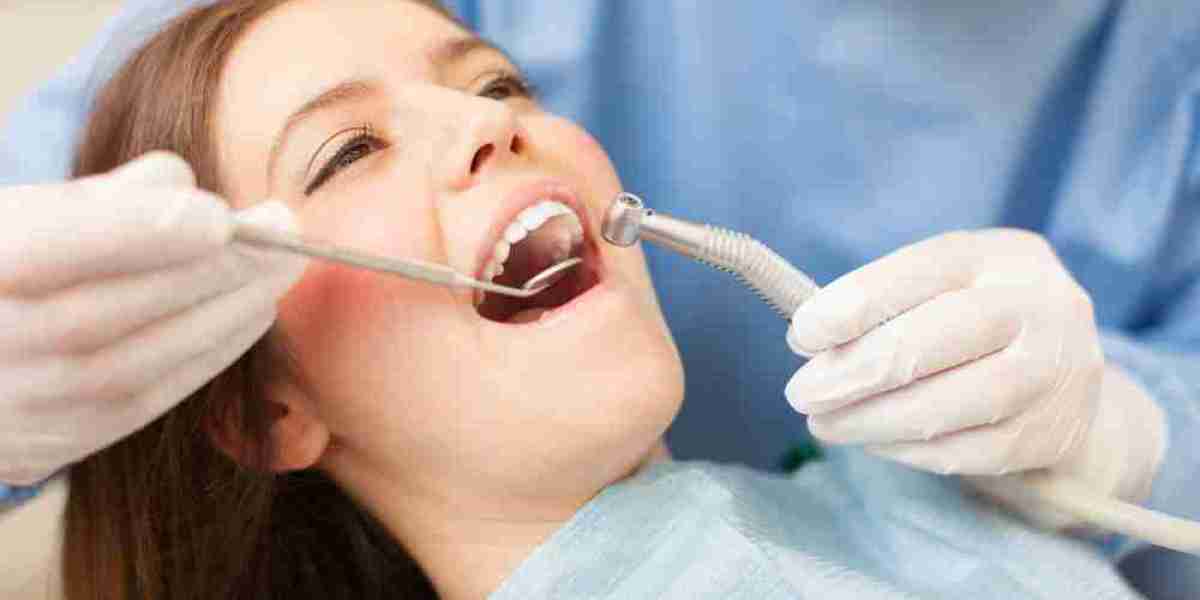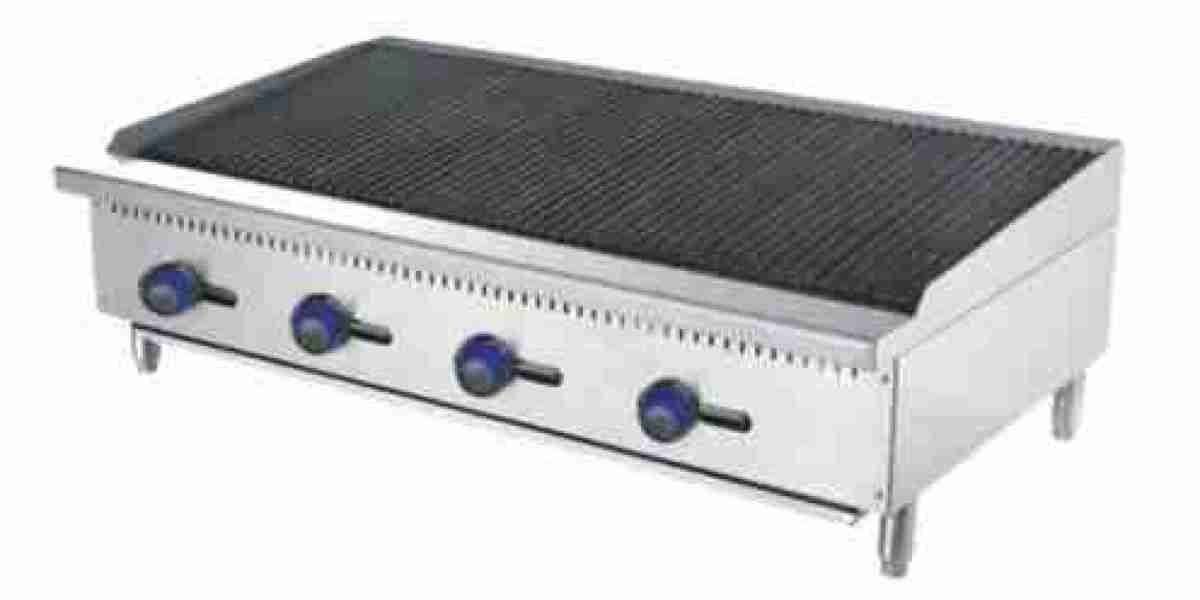Many people wonder, can a dentist help with jaw or bite problems that cause pain, discomfort, or misalignment? The answer is yes. General Dentistry—especially those with additional training in areas like orthodontics or TMJ disorders—can diagnose and treat many conditions affecting the jaw and bite. These problems can influence not only oral health but also headaches, speech, and overall quality of life, making dental care an essential part of long-term relief.
Identifying the Signs of Jaw or Bite Issues:
Jaw and bite problems are more common than most realize and can develop gradually or appear after an injury. Regular dental check-ups are key to spotting these issues early before they worsen or cause chronic discomfort.
Common signs include:
Jaw pain or stiffness, especially when chewing
Clicking or popping sounds in the jaw joints
Frequent headaches or facial pain
Uneven tooth wear or misaligned teeth
Difficulty closing your mouth properly
Grinding or clenching (bruxism) during sleep
Dentists often identify these signs during routine exams or through x-rays and bite assessments.
How Dentists Diagnose Jaw and Bite Conditions?
A general dentist is often the first professional to assess jaw and bite issues. With a detailed examination, they can determine whether the problem is structural, muscular, or related to habits like clenching or grinding.
Diagnostic methods include:
Visual and tactile examination of the jaw alignment and muscle tenderness
Dental impressions or digital scans to evaluate the bite
X-rays or panoramic imaging to see the temporomandibular joints and jawbones
Patient history of pain, injuries, or habits
If the issue is beyond their scope, general dentists can refer patients to specialists like orthodontists or oral surgeons.
Treatment Options Available from Dentists:
Yes, a dentist can help with jaw or bite problems, offering a range of treatments based on the cause and severity. From conservative therapies to more involved procedures, dentists work to restore comfort and function.
Treatment options may include:
Custom night guards or bite splints to reduce clenching and grinding
Orthodontic treatment (braces or clear aligners) to fix bite alignment
Dental restorations to adjust bite balance with crowns or reshaping
Physical therapy exercises or jaw stretches recommended by the dentist
Medications for inflammation or muscle relaxation
In many cases, non-invasive treatments can significantly reduce symptoms and improve jaw function over time.
When a Specialist is Needed?
While General Dentistry treatment can treat many jaw and bite issues, certain complex cases may require collaboration with dental or medical specialists. Your dentist will guide you if additional expertise is needed.
Specialist referrals may include:
Orthodontists for severe malocclusion or jaw misalignment
Oral and maxillofacial surgeons for structural problems or trauma
Prosthodontists for bite correction using advanced dental restorations
TMJ specialists or physical therapists for chronic pain management
Working with a multidisciplinary team ensures comprehensive care and long-term results.
Preventing Future Jaw and Bite Problems:
Prevention plays a crucial role in maintaining a healthy jaw and bite. With regular dental visits and proper care at home, many issues can be avoided or minimized before they require extensive treatment.
Preventive strategies include:
Wearing a night guard if you grind or clench your teeth
Correcting misaligned teeth early with orthodontic options
Practicing good posture, especially jaw alignment during rest
Avoiding gum chewing or jaw overuse, which can strain muscles
Scheduling routine dental exams to monitor jaw function and tooth wear
By being proactive, you not only prevent discomfort but also protect the overall health of your teeth and facial structure.




